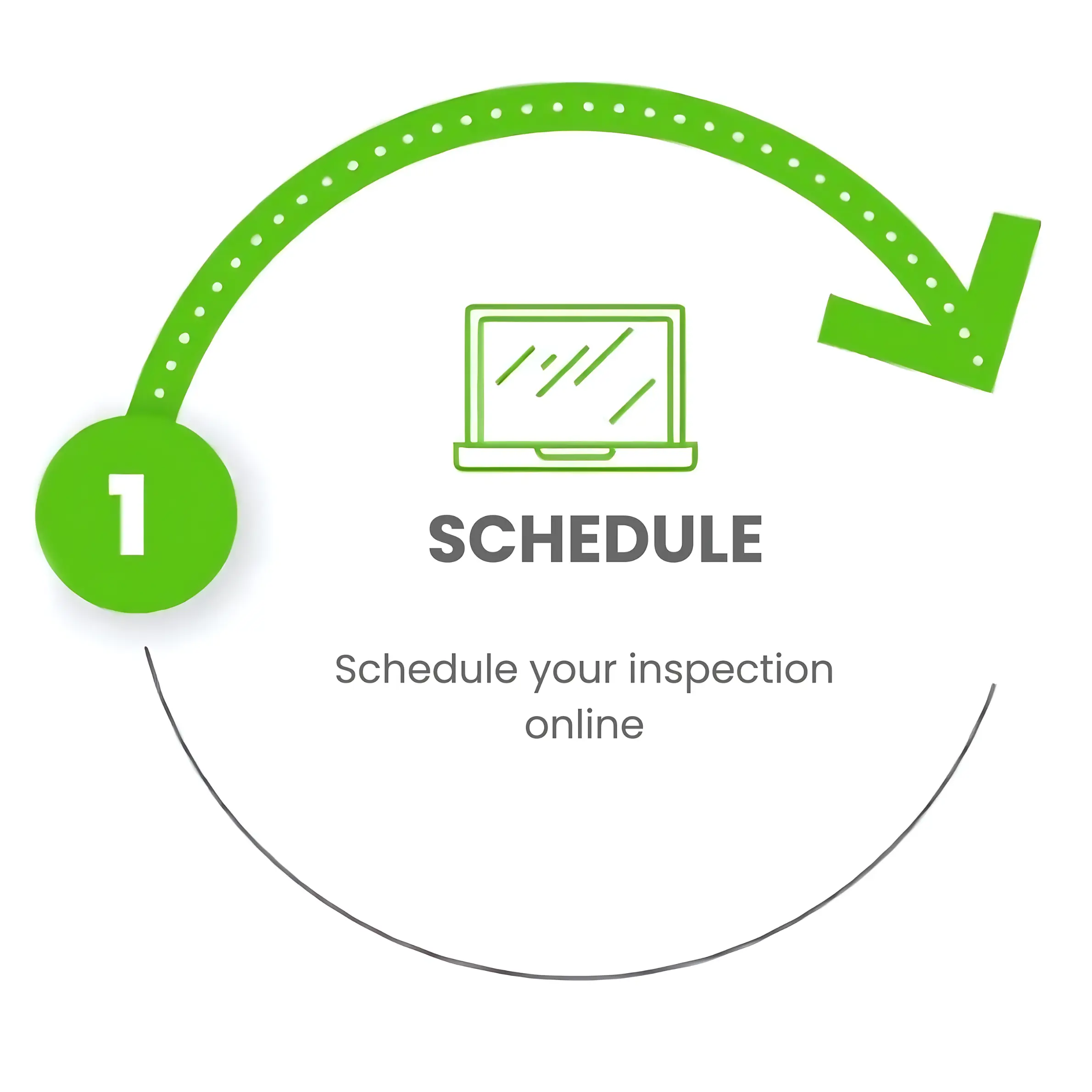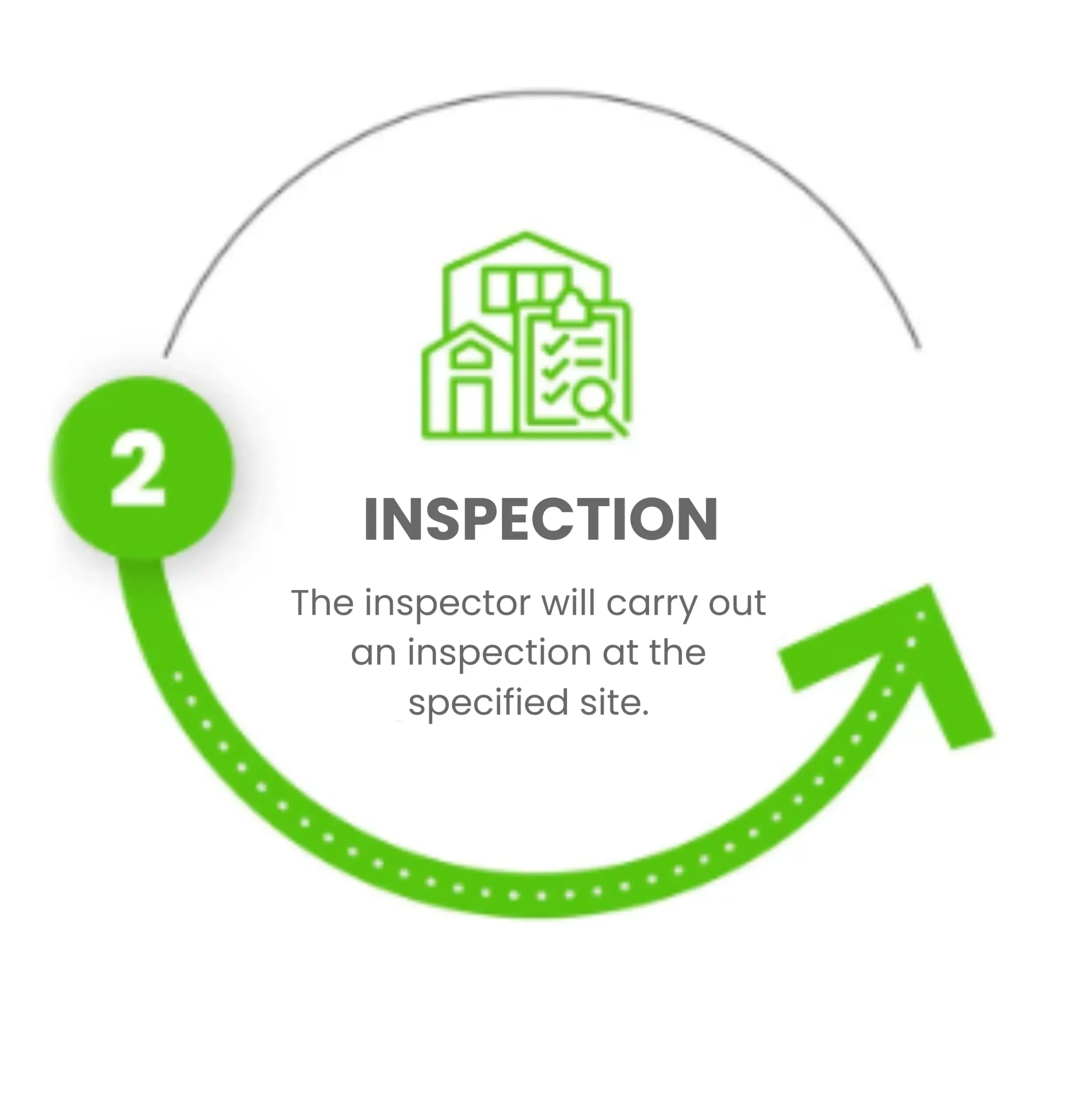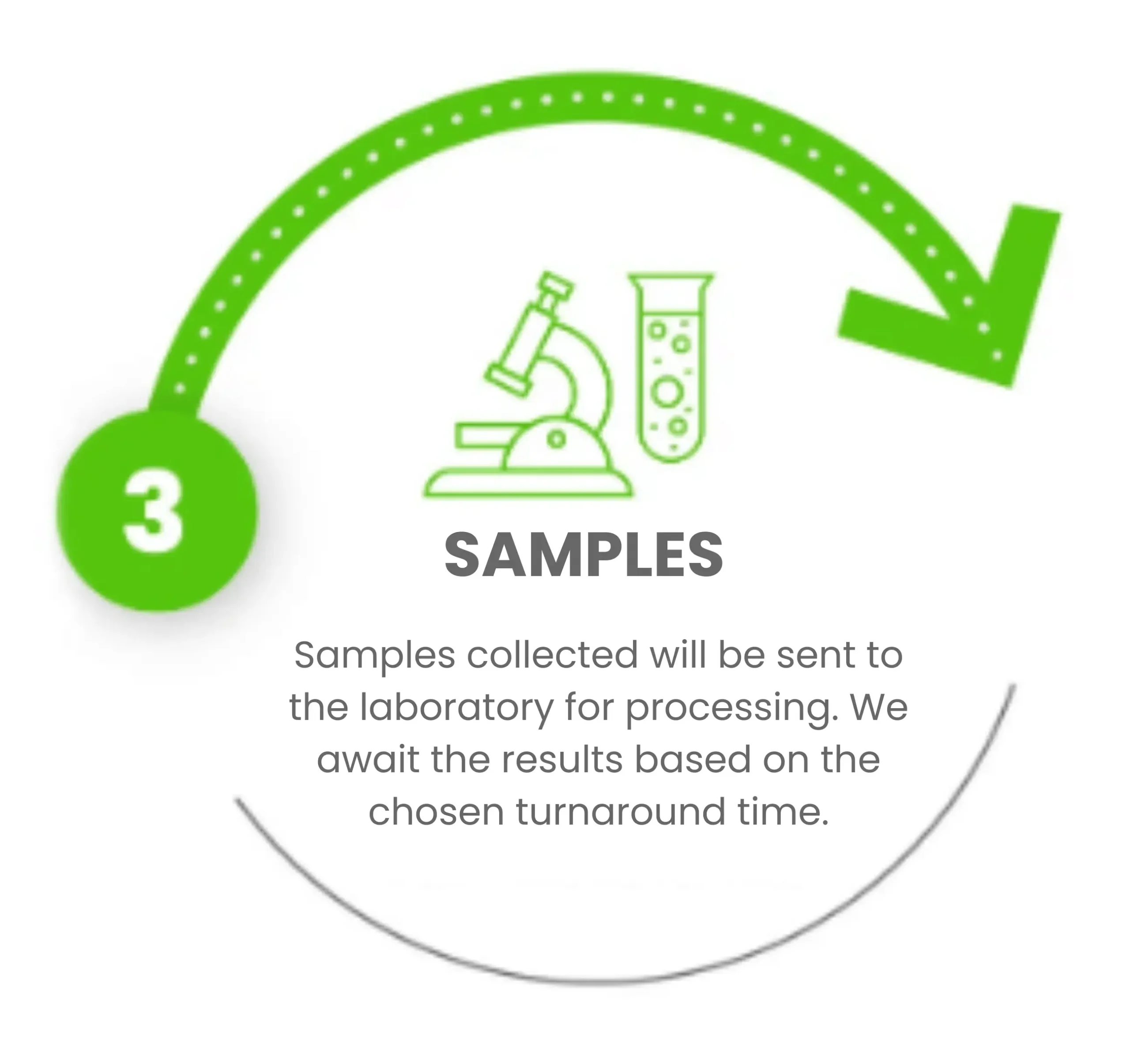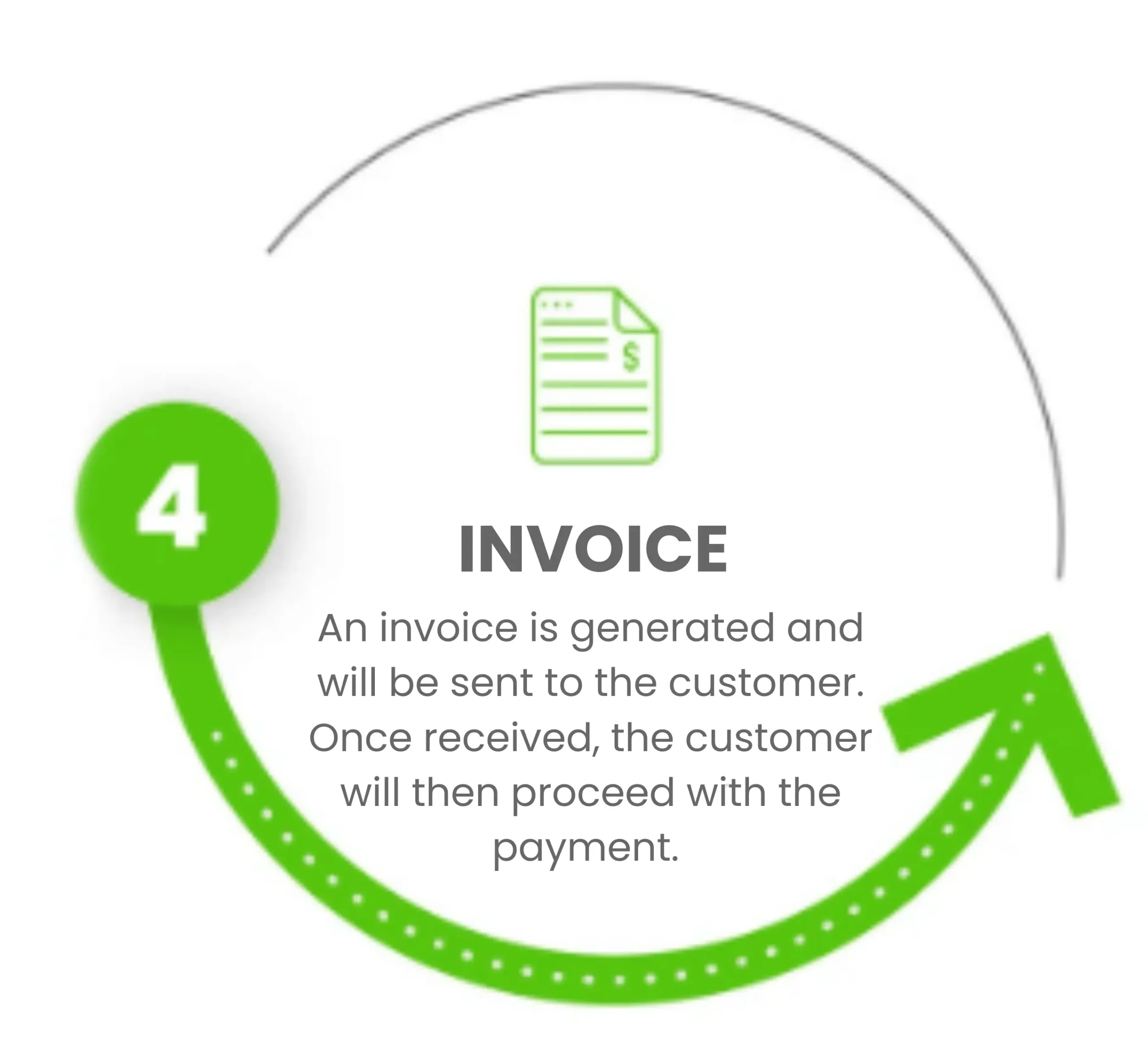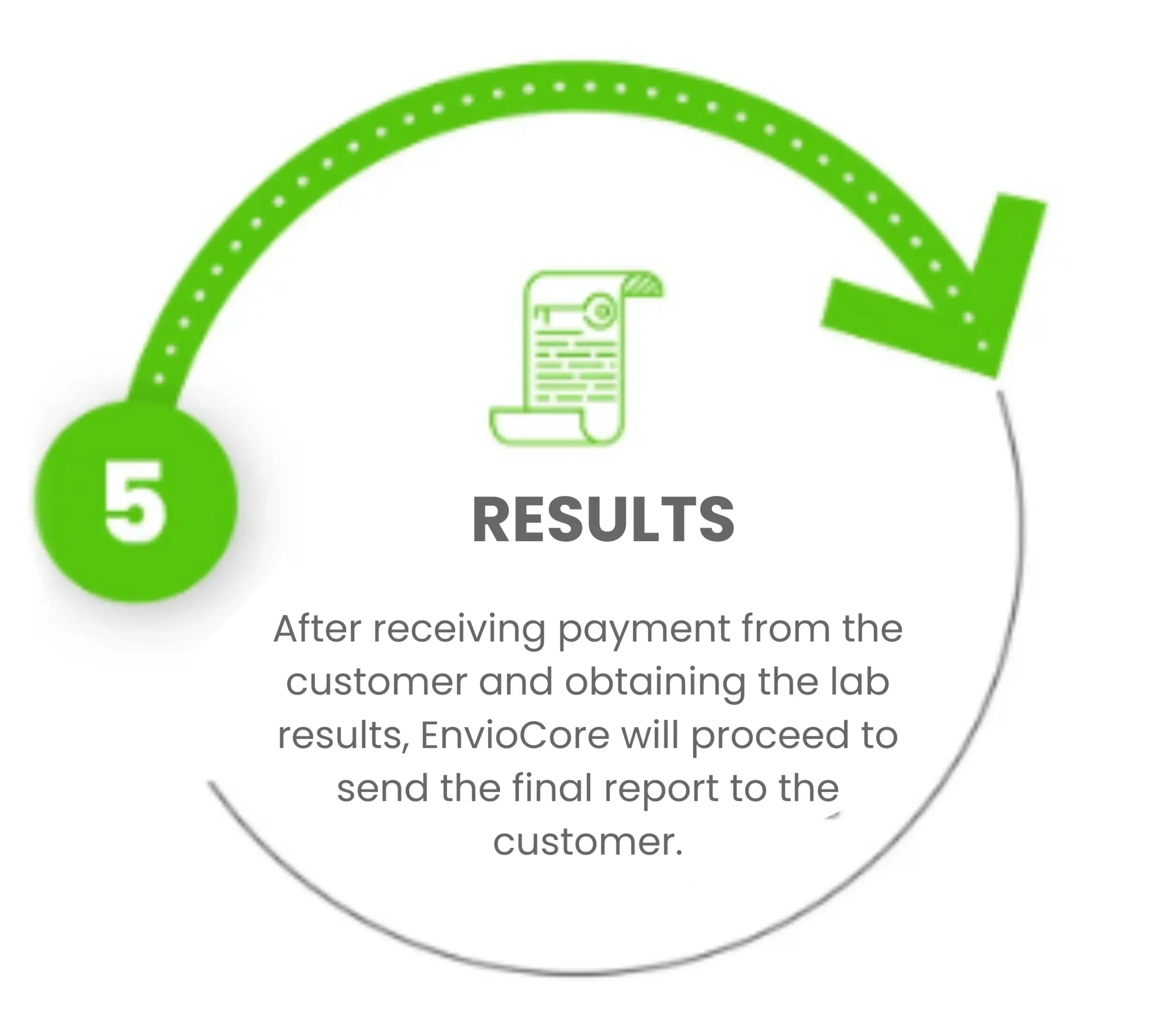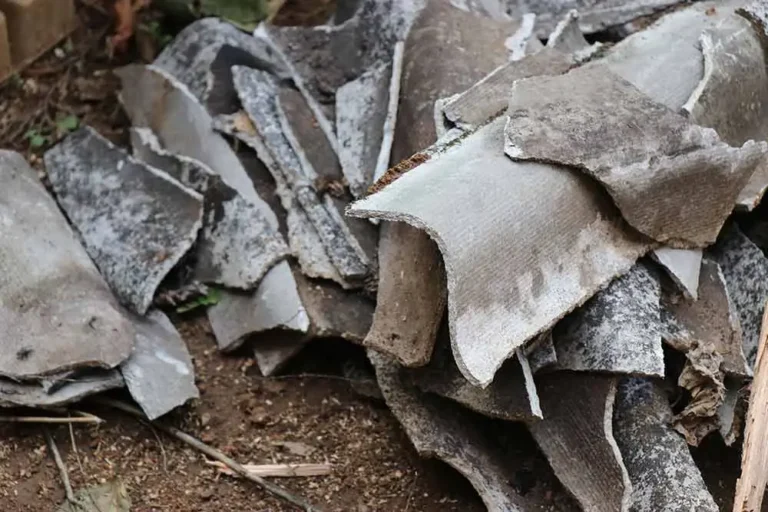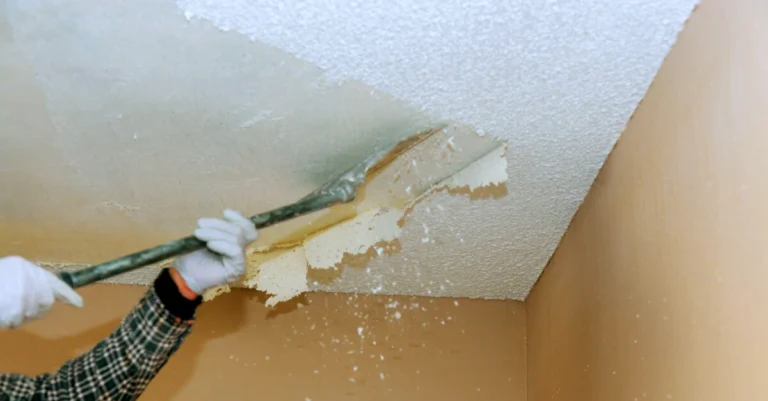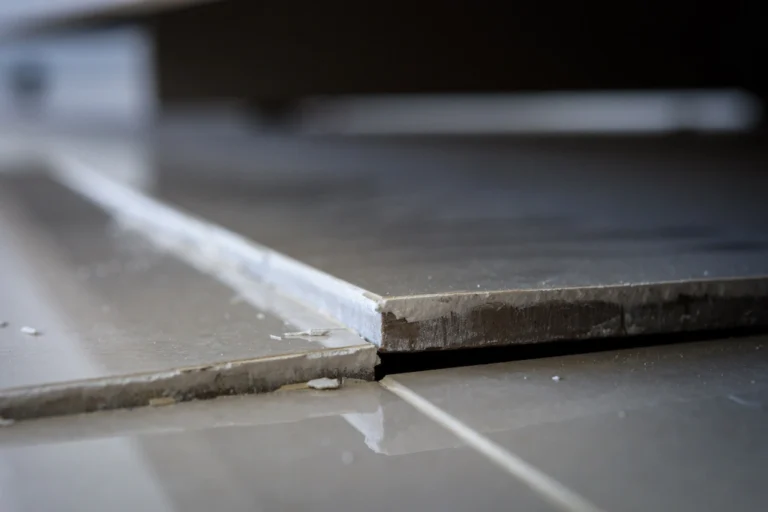Fast, Dependable Results when it Matters the Most
Denver rich history and rapid urban growth mean many homes and commercial buildings were constructed before asbestos regulations. Properties in neighborhoods like Capitol Hill, Cherry Creek, and Highlands often contain asbestos materials in insulation, siding, or flooring. Our testing ensures your space is safe and compliant with Colorado and Denver-specific health standards.
Our Asbestos Services in Denver
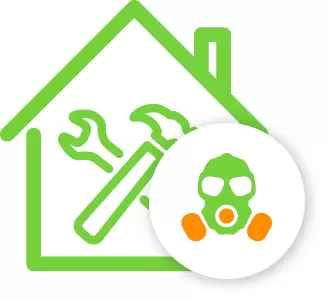
Asbestos Renovation

Spill Delineation
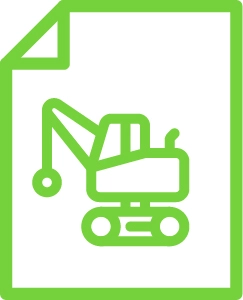
Asbestos Demolition

Asbestos Residential
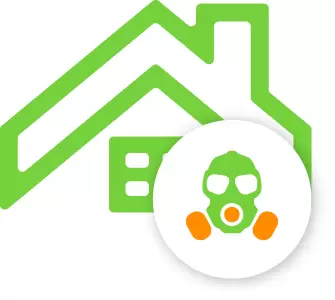
Asbestos Roofing
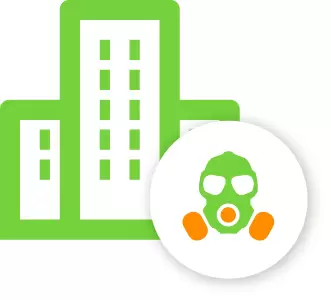
Commercial

Flooring

Multi-Family
Our Clients
EnvioCore Inspection Process
Schedule Your Asbestos Testing in Denver Today!
Trust EnvioCore with your Asbestos Testing Inspections
It’s best to test for asbestos BEFORE you begin your project! During any construction or renovation project, it’s likely that you’ll be disturbing building materials, which can cause microscopic asbestos fibers to be released into the air.
Breathing in these fibers is extremely dangerous. This is why asbestos is a federally regulated hazardous material, and the Colorado Department of Public Health and Environment (CDPHE) requires testing before you begin any disturbance.
What Is Asbestos?
Asbestos is a naturally occurring mineral that was widely used in construction and manufacturing due to its heat resistance, chemical resistance, high tensile strength, and affordability. For decades, it was added to insulation, drywall, floor tiles, roofing materials, joint compounds, adhesives, and more To increase strength and resilience.
Although banned or heavily restricted in many modern applications, asbestos-containing materials (ACMs) are still present in thousands of homes and buildings across Colorado—especially those built before 1985.
Why Is Asbestos Dangerous?
When disturbed, asbestos-containing materials release microscopic fibers into the air. Inhalation of these fibers has been conclusively linked to serious and often fatal illnesses, including:
- Mesothelioma (a rare form of cancer)
- Asbestosis (scarring of lung tissue)
- Lung cancer
- Chronic respiratory issues
Asbestos exposure is cumulative—the more exposure over time, the greater the health risk. That’s why testing before renovation or demolition is not just smart, it’s required by law in many cases.
Where Is Asbestos Commonly Found?
Asbestos can hide in many everyday building materials, including:
- Ceiling tiles and popcorn ceilings
- Drywall joint compound
- Vinyl sheet flooring and linoleum
- VCT 9×9 and 12×12 floor tiles
- Roofing shingles and felt
- Siding (cement board or panels)
- Pipe and boiler insulation
- Vermiculite insulation (attics)
- HVAC duct wrap and gaskets
- Electrical wiring insulation
- Mastic, adhesives, and glues
- Textile insulation (e.g., around furnaces or stoves)
Even homes built after 1980 may contain asbestos in stockpiled or imported materials.
Do I Need to Worry About Asbestos in Colorado?
Yes. In Colorado, CDPHE Regulation 8 requires asbestos inspection and testing before any renovation or demolition of structures built before 1985, or if materials may be ACMs regardless of age.
Cities like Denver, Aurora, Lakewood, Littleton, Arvada, and Westminster often refuse permit approvals until asbestos testing is complete. Skipping this step can result in:
- Legal and regulatory penalties
- Construction delays
- Worker safety violations
- Lawsuits or insurance claim denial
Enviocore’s Certified Asbestos Testing Services
We specialize in fast, certified asbestos testing across Colorado. Our licensed inspectors follow strict protocols to deliver accurate results, fast turnaround, and total peace of mind.
We Offer:
- ✅ Pre-renovation inspections
- ✅ Pre-demolition asbestos surveys
- ✅ Soil sampling and testing
- ✅ Clearance testing and air monitoring
- ✅ Emergency response inspections
- ✅ Point count analysis, Composite analysis and expedited lab options
Health Risks of Asbestos Exposure
There is no safe level of exposure to airborne asbestos fibers. Prolonged or repeated exposure increases the likelihood of developing:
- Chronic cough
- Chest pain or tightness
- Breathing difficulty
- Cancer (especially among smokers)
Vulnerable populations—children, seniors, and individuals with preexisting respiratory conditions—are at the highest risk.
Regulatory Compliance in Colorado
We work directly with homeowners, contractors, real estate agents, and municipalities to ensure compliance with:
- CDPHE Regulation 8 (Colorado)
- EPA NESHAP (Federal demolition rules)
- OSHA workplace safety laws
Failure to conduct proper testing can result in project shutdowns, fines, and legal liability.
Our Inspection Process
Step 1: Initial Consultation
We begin by collecting information about your property, intended work, and any visible concerns. This can be done over the phone or by form submission.
Step 2: On-Site Visual Assessment
Our EPA and CDPHE state-certified inspectors conduct a thorough visual inspection of suspect materials.
Step 3: Bulk Sampling
We collect material samples strategically and in compliance with CDPHE regulations. Samples are securely transported to a NVLAP-accredited laboratory.
Step 4: Lab Analysis
Using Polarized Light Microscopy (PLM) or Transmission Electron Microscopy (TEM), the lab analyzes your samples for the presence and percentage of asbestos fibers.
Step 5: Detailed Reporting
You receive a clear, easy-to-understand report within 24–72 hours (or faster with expedited results). The report includes:
- Material descriptions and locations
- Lab findings and asbestos content
- Photo documentation
- Regulatory references
- Clear next steps and compliance guidance
Why Choose Enviocore?
✔ 100% Colorado-based, locally trusted
✔ Over 2,000+ certified inspections completed
✔ EPA, IICRC, and CDPHE certified
✔ BBB Accredited
✔ Transparent pricing, fast turnaround, expert reporting
✔ Trusted by homeowners, realtors, contractors, and developers
Ready to Book? Request a Proposal or Inspection
To get started, submit your project details using the form below. You can include:
- Property address
- Photos of suspect materials
- Type of project (demo, remodel, permit)
- Urgency (standard or expedited)
We’ll respond with a detailed scope of work, pricing, and next steps—usually within a few hours.
Don’t Risk It — Test Before You Build
Asbestos testing isn’t just smart. In Colorado, it’s the law. Avoid delays, health risks, and liability by getting your site inspected before any work begins.
Asbestos Testing Denver FAQs
You can’t tell just by looking. Lab testing is the only reliable way to identify asbestos-containing materials.
Yes. Asbestos was never fully banned. Many post-1978 homes still contain ACMs, especially if materials were imported or stockpiled. The state of Colorado CDPHE requires all years, residential and commercial to be tested.
Absolutely. Any renovation that disturbs drywall, flooring, insulation, or roofing should be tested first. It’s the law in Colorado for pre-1985 homes.
Yes. All our inspectors are state-certified and we use CDPHE-approved laboratories.
Because most municipalities follow CDPHE requirements. Permits won’t be issued for renovations/demolitions without an asbestos report.
Yes. Vermiculite insulation often contains tremolite asbestos. We strongly recommend testing before disturbing it.
We offer next-day availability in most areas across Colorado. Rush testing options are available.
No. Enviocore is an independent inspection firm. We do not remove asbestos, which allows us to provide objective, unbiased reports. We can refer you to trusted abatement contractors.


